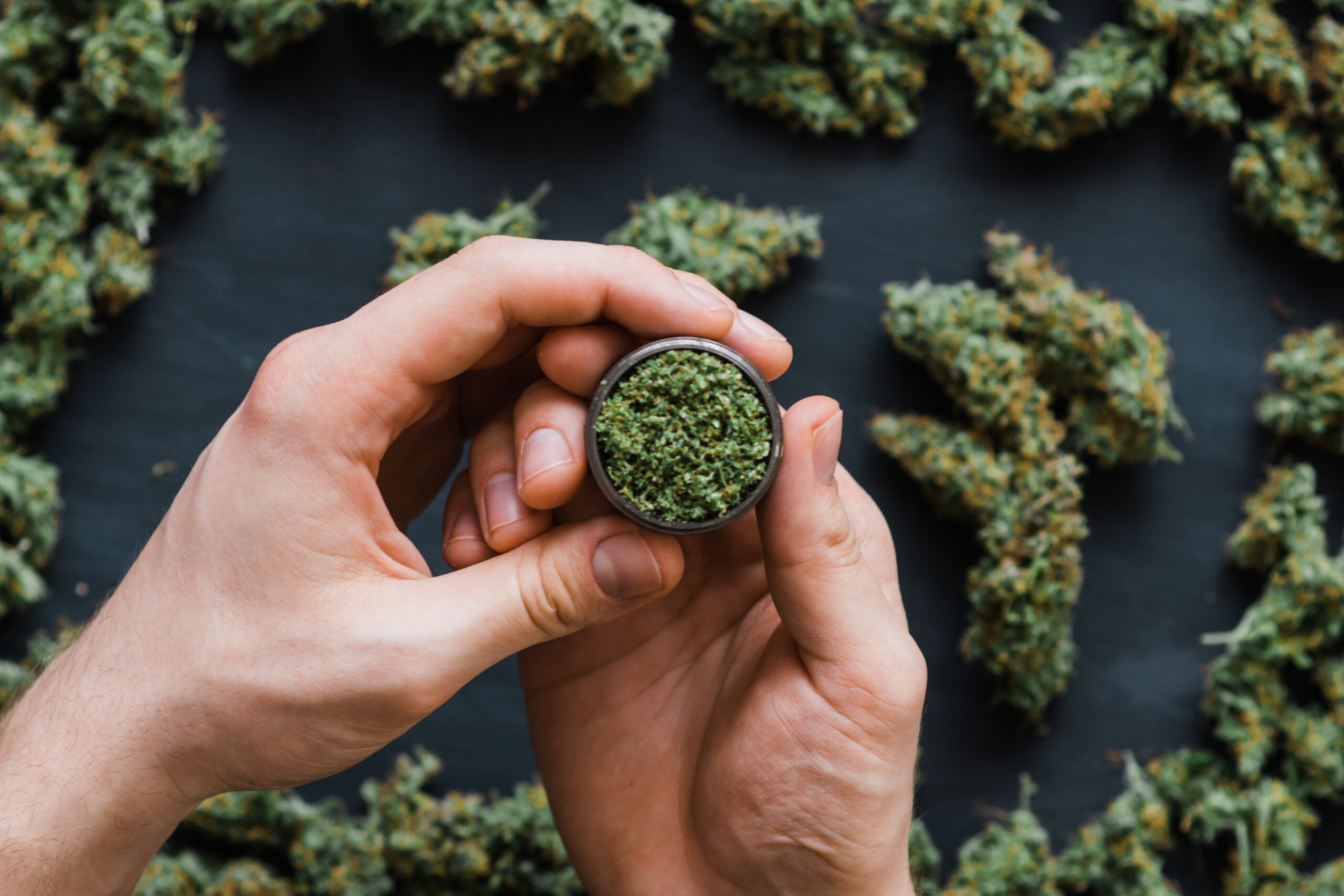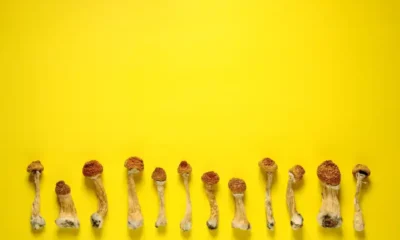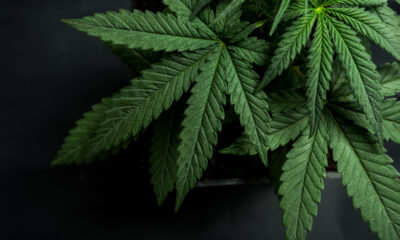Connect with us
Published
3 weeks agoon

As states across the country continue to pass legislation easing long standing restrictions and criminalization measures on cannabis, these sweeping regulations often need additional policies to ensure that folks are not being penalized for partaking in now-legal activities.
It’s essentially undoing much of the status quo that has been in place for decades now, as we usher in a new era of reform.
Most recently, Virginia Gov. Glenn Youngkin (R) signed off on legislation that would protect state employees registered in Virginia’s medical cannabis program from discrimination related to their status as a medical patient. The legislation (Senate Bill 391 and House Bill 149) will take effect on July 1, 2024 and ensures employees like firefighters, emergency service providers, teachers and civil servants are protected.
Earlier this year, sponsor of the House legislation Del. Dan Helmer (D) said that a previous bill he sponsored had similar aims, to protect medical cannabis patients from employment discrimination. However, it “unintentionally did not protect public sector employees.”
“The key was we left our brave first responders out of this,” Helmer said. “That was never our intent and so this bill is meant to fix that.”
The Senate bill, introduced by Sen. Stella Pekarsky (D) similarly offers protection to public sector employees, with law enforcement officers as an exception.
Prior to the governor’s final sign off, Joe Mirabile, a representative for Virginia’s Professional Firefighters, showed his support for Helmer’s bill during a committee hearing.
“My members have reported that they’re relying on alcohol far less, they’re sleeping more at home and they’re seeing other positive effects, such as reduction of joint and muscle pain without having to use opioid prescriptions,” Mirabile said.
Virginia NORML Development Director and the Executive Director JM Pedini also praised the move in a recent statement.
“NORML has worked closely with Delegate Dan Helmer and firefighters across the Commonwealth for three years in an effort to pass a simple definitional amendment that will ensure public employees are properly covered by the state’s existing employment protections law for medical cannabis patients,” Pedini said. “This legislation will protect the jobs of these heroes who risk their lives to keep Virginians safe.”
Additionally, Youngkin recently approved a bill providing regulatory improvements to the state’s cannabis program. Changes include increasing maximum expiration dates for cannabis products, following registration absent stability testing, from six to 12 months and providing confidentiality of certain records and information of the Virginia Cannabis Control Authority’s board of directors.
While it appears that Virginia is looking to continue implementing progressive changes to ensure success of these modern-day cannabis programs, the strides haven’t come without various setbacks.
Conversely, Youngkin vetoed legislation that would have protected parental rights of lawful cannabis consumers by amending the state’s child neglect statutes so the use of cannabis by a parent or child’s guardian would no longer be considered as prima facie evidence of a crime.
Virginia made its first medical sales back in August 2020, and the possession and cultivation of small amounts of cannabis was legalized the following year. However, Youngkin recently vetoed a bill to legalize adult-use sales, saying that regulated sales are a danger to the health and safety of residents—even though this leaves consumers without a legal way to purchase cannabis in the state.
“The proposed legalization of retail marijuana in the Commonwealth endangers Virginians’ health and safety,” Youngkin said in his veto statement. “States following this path have seen adverse effects on children’s and adolescent’s health and safety, increased gang activity and violent crime, significant deterioration in mental health, decreased road safety, and significant costs associated with retail marijuana that far exceed tax revenue.”
Youngkin also recently vetoed a cannabis sentence modification bill spearheaded by the Last Prisoner Project, a nonprofit working to secure the release of all cannabis prisoners. The bill would have allowed thousands of individuals charged for cannabis offenses under outdated laws to have their sentences reevaluated.
“Virginia may have ended cannabis prohibition in 2021, but there remains a significant injustice for those individuals who continue to be incarcerated for offenses that are no longer considered illegal,” Adrian Rocha, policy manager at Last Prisoner Project, shared with High Times.
Even though Youngkin vetoed the bills, Democrats could still make them law by overriding them. The legislature returns to the capitol on April 17 to reconsider bills vetoed or amended by the governor.


Carmelo Anthony Launches Cannabis Brand


Study: ‘Little Evidence’ That Cannabis Harmfully Impacts Cognition in People with HIV


U.S. Economy To Receive $112.4 Billion Boost from Cannabis Industry in 2024


Report: ‘Tech Bros’ are Microdosing Psychedelics in Droves


Denver Celebrates Three Years of Social Equity Program, Issues 50th Equity License


Study Reveals State Cannabis Legalization Lowers Immigrant Deportation
